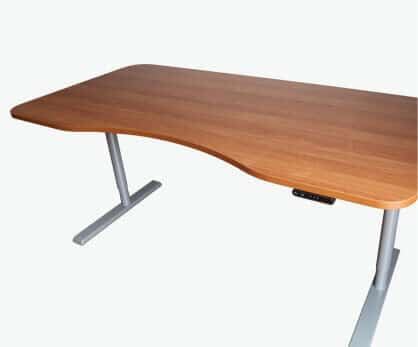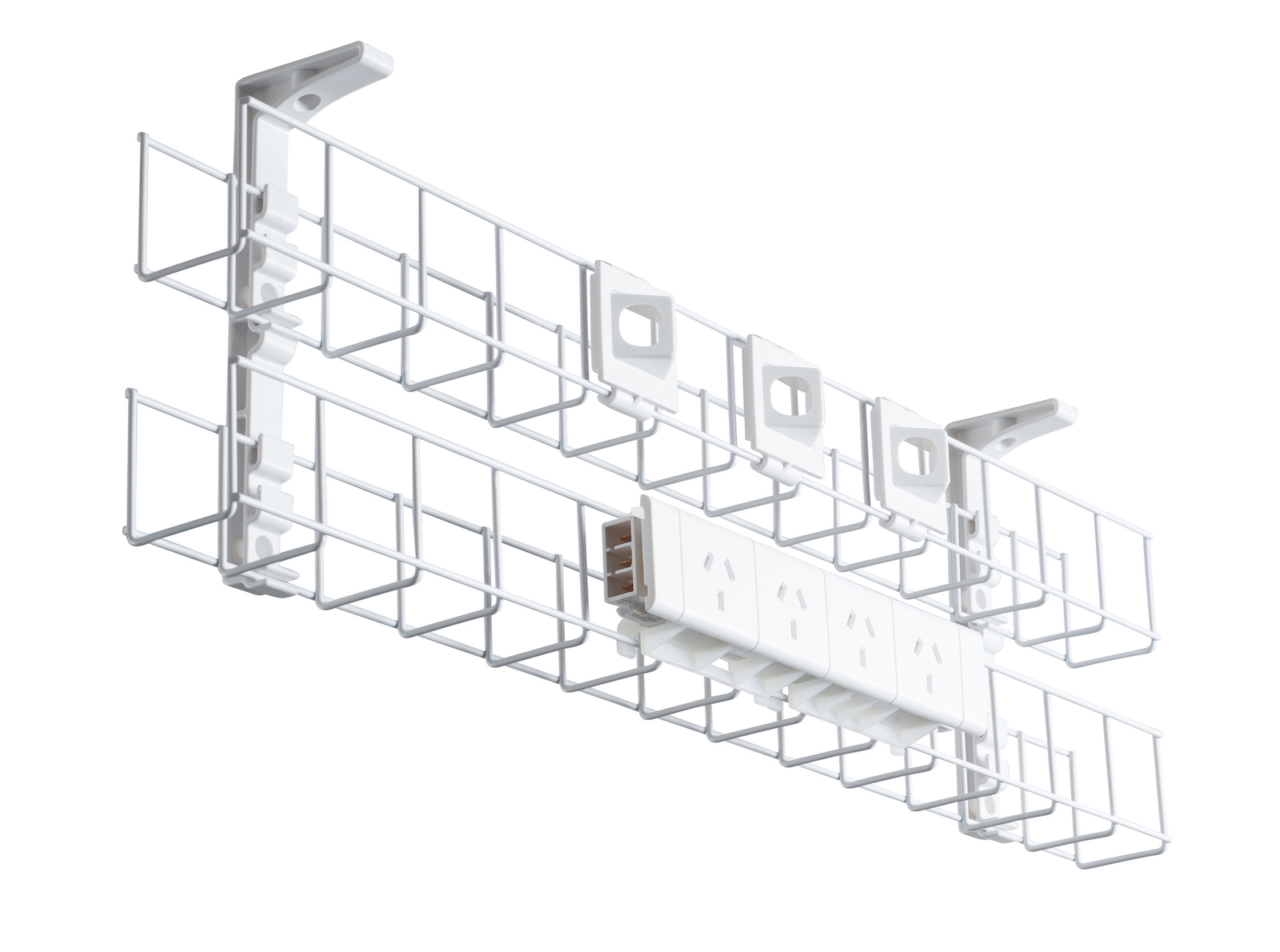
Hybrid Roles Demand Skyrockets, Challenges Strict Office Policies
The struggle to attract top talent in the era of remote work has become a significant challenge for businesses that insist on a strict office-based work model. This issue is particularly pressing in sectors such as energy, finance, and technology, where the competition for skilled professionals is fierce. The question arises: how can these companies entice potential employees if their talent pool is limited to those willing to commute five days a week?
In an era where flexible work arrangements have become the norm, many highly qualified professionals are opting for hybrid roles that allow them to balance their work and personal life. This trend has left companies that insist on a traditional five-day-a-week office model at a disadvantage. These firms are finding it increasingly difficult to attract top talent, despite offering attractive compensation packages.
For instance, some mid-career professionals in the tech and finance sectors have expressed their reluctance to return to a full-time office environment. One individual stated he would never accept a full-time office job, regardless of the pay. Another said he would consider it if his salary was doubled. A third withdrew from a final-round interview for a position that would have increased his annual salary by over $75,000. He cited the company’s strict in-office policy as a significant deterrent.
These professionals are not only concerned about their work-life balance but also the impact of a strict office-based job on their partners’ careers. They fear that commuting five days a week would consume the precious time they have for personal activities such as exercise, a key factor in maintaining one’s health in the long run. This concern is particularly relevant to professionals who use products like the best sit stand desk or an electric height adjustable standing desk, which are designed to promote health and well-being in the workplace.
The health benefits of an electric stand up desk or a TV lift, for example, are well-documented. These include reducing sedentary behavior, promoting better posture, and improving overall health. However, these benefits can only be fully realized if employees have the flexibility to use these products in their home office.
Therefore, companies that insist on a strict office-based work model need to reconsider their policies if they wish to attract and retain top talent. They need to understand that today’s professionals value flexibility and work-life balance just as much as, if not more than, monetary compensation. Furthermore, they need to recognize that by insisting on a rigid office-based work model, they could be inadvertently affecting their employees’ health and well-being.
In conclusion, attracting top talent in today’s competitive job market requires more than just offering an attractive salary package. Companies need to adapt to the changing workplace dynamics and offer flexible work arrangements that cater to the needs and preferences of today’s professionals. By doing so, they can not only attract top talent but also promote a healthier and more productive workforce.





